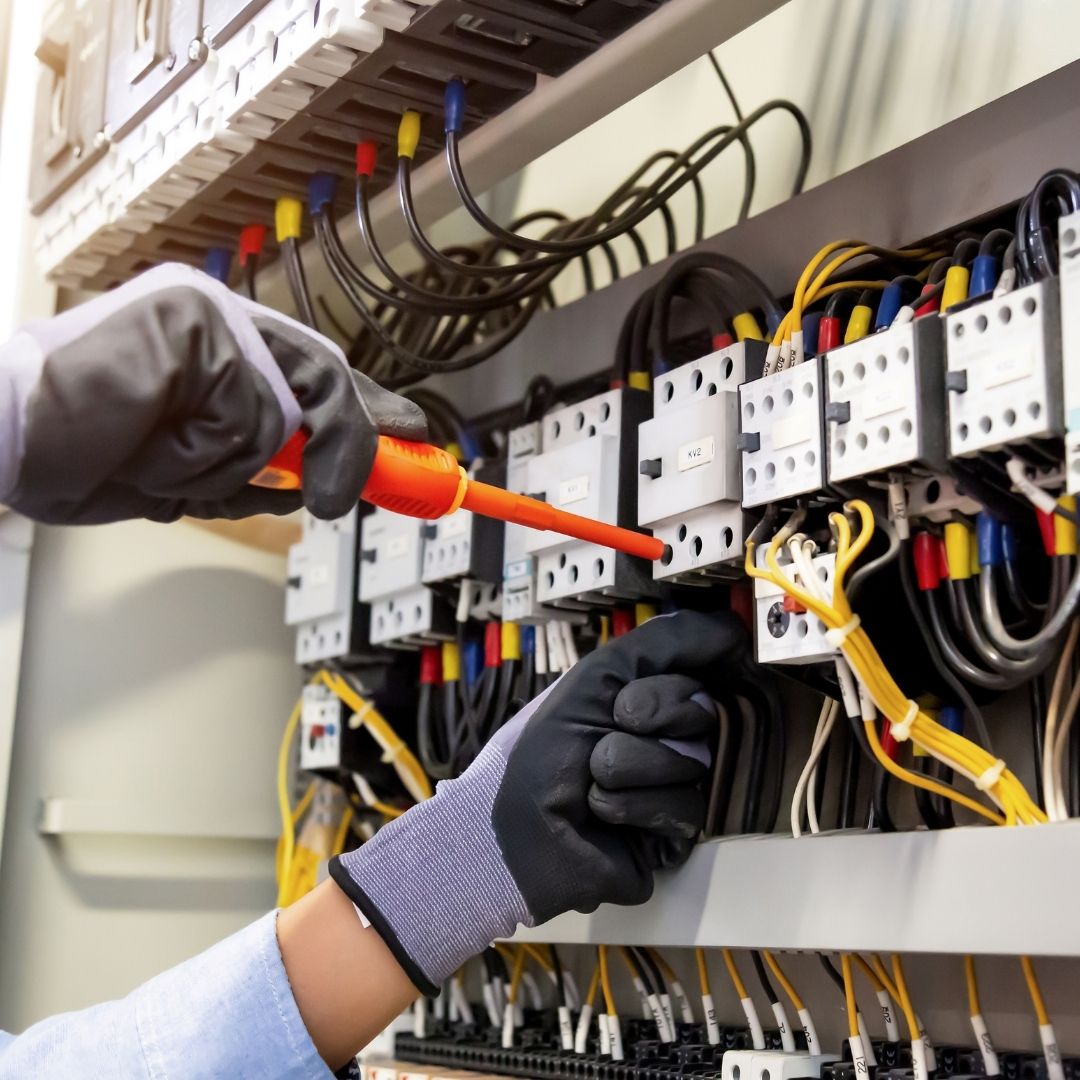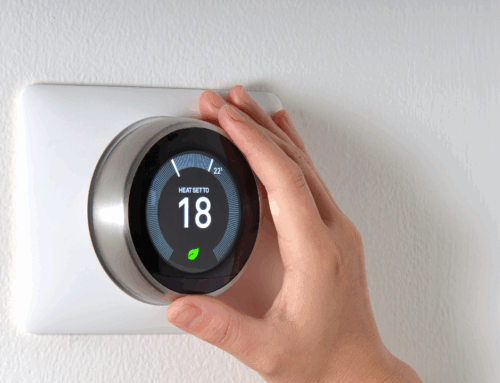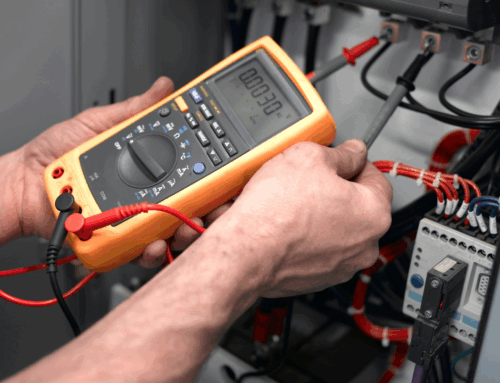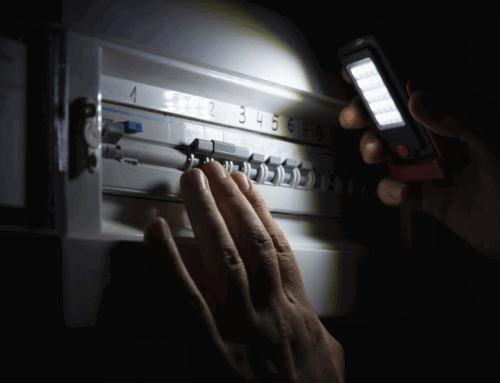Ensuring your commercial electrical system is up to code is essential for both safety and compliance with regulations. An outdated or poorly maintained electrical system can result in costly repairs, business disruptions, and, most importantly, safety hazards. In this article, we’ll discuss why it’s crucial to ensure your electrical system meets current standards and how you can make sure it’s up to code.
What Does “Up to Code” Mean?
When referring to a commercial electrical system, being “up to code” means that the electrical infrastructure within your building complies with the latest electrical standards and regulations, including the National Electrical Code (NEC) and any relevant local standards. These codes are designed to protect people, property, and businesses from electrical hazards such as fires, electric shocks, and other accidents caused by faulty or outdated wiring, equipment, or installations.
Why Is It Important for Your Commercial Electrical System to Be Up to Code?
-
Safety First
The primary reason for ensuring your electrical system is up to code is safety. A system that doesn’t comply with electrical codes poses significant risks. Faulty wiring, inadequate grounding, or malfunctioning electrical panels can lead to electrocution, fires, and equipment damage. Regular inspections and maintenance ensure that your electrical system operates safely and reliably. -
Avoiding Costly Repairs and Upgrades
An electrical system that isn’t up to code is more prone to breakdowns and inefficiencies. Ignoring these problems could lead to expensive repairs or even the need for a full system upgrade in the future. When the system is not maintained according to code, you risk damaging costly equipment, experiencing business downtime, or incurring penalties for non-compliance. -
Insurance Compliance
Many commercial insurance providers require businesses to maintain their electrical systems in compliance with the current codes to ensure coverage in case of an electrical fire or related incidents. Failing to keep your system up to code could result in denied insurance claims, leaving your business financially exposed if something goes wrong. -
Legal Requirements
In many areas, businesses are legally required to comply with local electrical codes. If your system isn’t up to code, you could face fines or penalties from regulatory bodies. In severe cases, non-compliance could even lead to your business being closed until the issues are rectified. -
Energy Efficiency and Cost Savings
A modern electrical system that meets current standards is often more energy-efficient than an outdated one. Adhering to energy-efficient regulations not only reduces your business’s environmental impact but also lowers energy costs in the long term. Upgrading to energy-efficient lighting, wiring, and equipment is a smart investment that can pay off by reducing your utility bills.
How to Ensure Your Electrical System Is Up to Code
-
Hire a Professional Commercial Electrician
To ensure your electrical system is up to code, it is crucial to engage a licensed and qualified commercial electrician. These professionals are familiar with local codes and can inspect your electrical system to ensure it meets all safety requirements. -
Schedule Regular Electrical Inspections
Electrical systems should undergo regular inspections to ensure they remain in good working order and up to code. A qualified electrician will assess the condition of your wiring, outlets, electrical panels, and more. Regular inspections help identify issues early, preventing them from developing into major safety hazards or expensive repairs. -
Upgrade Outdated Wiring and Equipment
As technology advances, older wiring and electrical equipment may no longer meet modern safety and performance standards. If your building still uses outdated wiring (such as knob-and-tube or aluminium wiring) or old electrical panels, it’s time for an upgrade. A commercial electrician can replace or upgrade these systems to ensure they meet current regulations. -
Ensure Proper Grounding and Bonding
Proper grounding and bonding are vital for preventing electrical shocks. If your system is improperly grounded, it can present serious safety risks. A licensed electrician can check the grounding and bonding systems, ensuring they are up to code and functioning correctly. -
Review Documentation and Permits
When installing or upgrading electrical systems, it’s crucial to ensure all necessary permits are obtained and the work is properly documented. This is key to compliance with local regulations. An electrician will guide you through this process, ensuring everything is legally in place.
Conclusion
Having an electrical system that is up to code is vital for the safety, efficiency, and reliability of your commercial building. Failing to meet current electrical standards can lead to safety risks, costly repairs, and legal complications. By working with a qualified commercial electrician, scheduling regular inspections, and upgrading outdated components, you can ensure your system is compliant, safe, and energy-efficient. Taking steps to ensure your electrical system is up to code protects your business, your employees, and your customers, offering peace of mind and avoiding future issues.







Leave A Comment